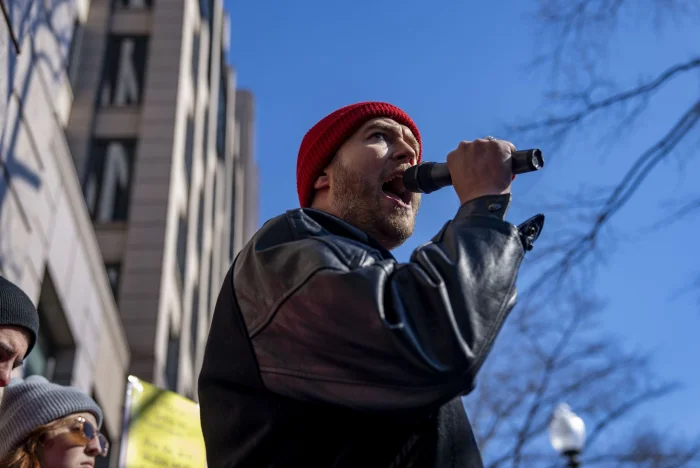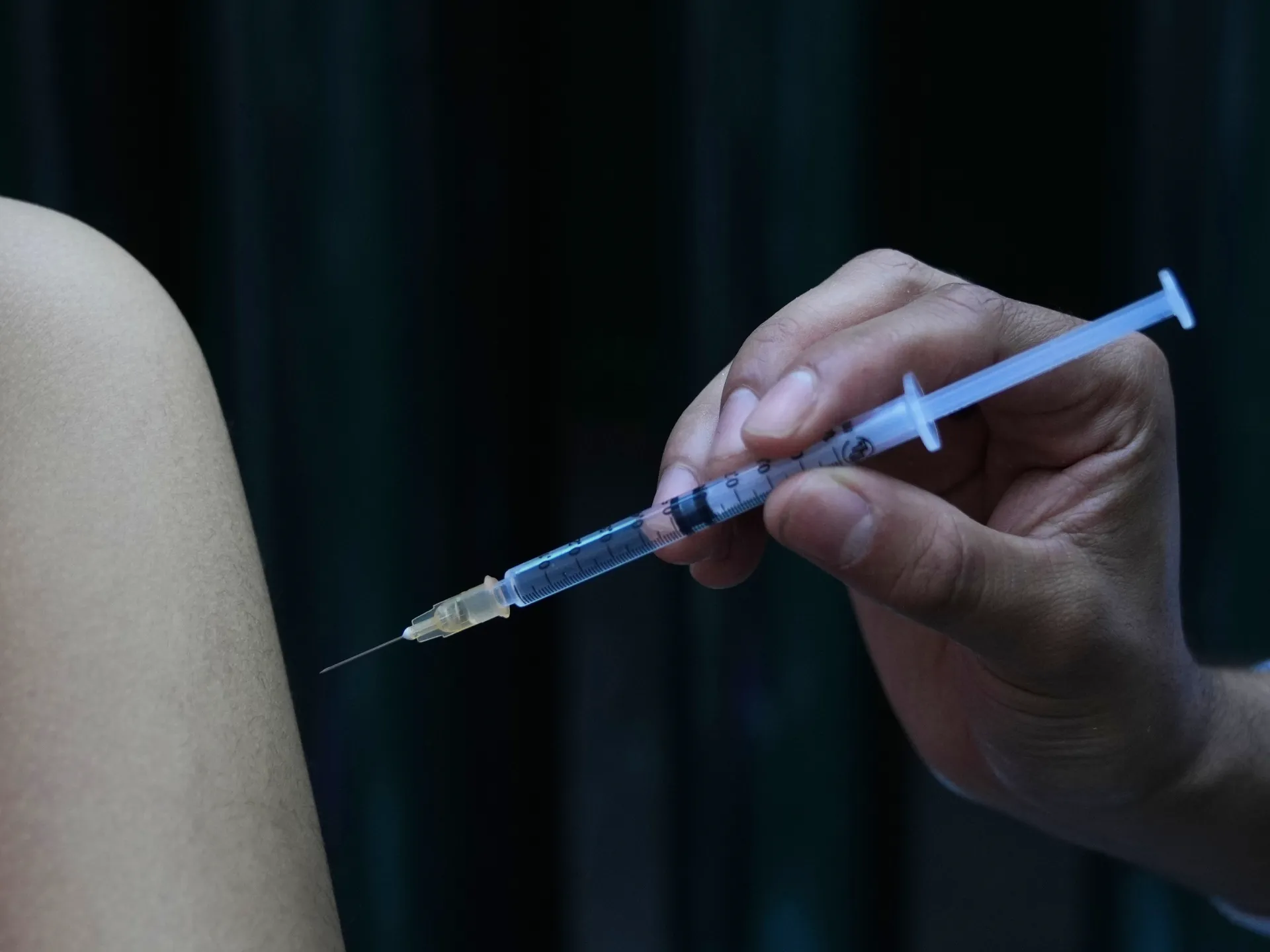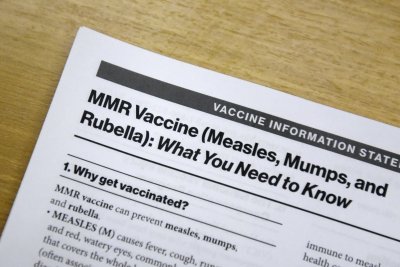CDC reports 145 more U.S. measles cases, 733 in total
Unvaccinated young people account for most of the nation’s 733 measles cases reported on Thursday by the Centers for Disease Control and Prevention. File Photo by Yurko Dyachyshyn/UNICEF
Feb. 7 (UPI) — Federal health officials reported 145 new measles cases amid outbreaks across 20 states over the past week, raising the nation’s total to 733 so far this year.
South Carolina, by far, has recorded the most measles cases among states this year after an outbreak began in the fall and has reported a total of 920 confirmed cases since then — including 44 new ones during the past week.
The Centers for Disease Control and Prevention said the nation totaled 733 cases for the year as of Thursday, including 727 across 20 states. Another six cases were confirmed among international travelers.
The majority of cases, 671, or 92%, are linked to outbreaks that began in 2025 and have continued into 2026. Another nine cases are associated with new outbreaks reported so far in 2026.
The number of cases this year is much lower than the 2,276 cases reported across 45 states in 2025, but the number could top last year’s total if the infection rates continue throughout the year.
“Because it’s such an infectious virus, whenever you see measles outbreaks, it highlights areas of the country or communities in which vaccination rates are low,” Dr. Demetre Daskalakis told ABC News. Daskalakis formerly led the CDC’s disease-tracking unit.
In addition to South Carolina, cases have been reported in Arizona, California, Florida, Georgia, Idaho, Kentucky, Minnesota, Nebraska, North Carolina, North Dakota, Ohio, Oklahoma, Oregon, Pennsylvania, South Dakota, Utah, Virginia, Washington and Wisconsin.
The United States in 2000 declared measles had been eradicated, but recent outbreaks among international travelers and the unvaccinated, plus this year’s rapid start, likely will end that designation.
Before 2025, the country averaged 180 measles cases per year, but the 2026 numbers already are more than four times that number.
Infants, children and teens account for the majority of cases, 203 among those under age 5 and 417 among those from ages 5 through 19, the combined total of which accounts for 85% of all cases.
Those ages 20 and over account for 92 and 13% of cases, and another 21 cases, 3% are among unknown ages.
Vaccination status plays an even greater role than age in the current measles outbreak.
Those who are unvaccinated or whose vaccination status is unknown account for 689 cases — equal to 94% — so far this year.
Patients who have received just one dose of the measles, mumps and rubella vaccine account for another 14 cases, which is equal to 2%, while those who are fully vaccinated account for 30 cases and 4% of the current total. Those percentages are about the same as in 2025.
So far this year, 23 people have been hospitalized, which is equal to 3% of all cases, and no deaths have been reported so far this year.




